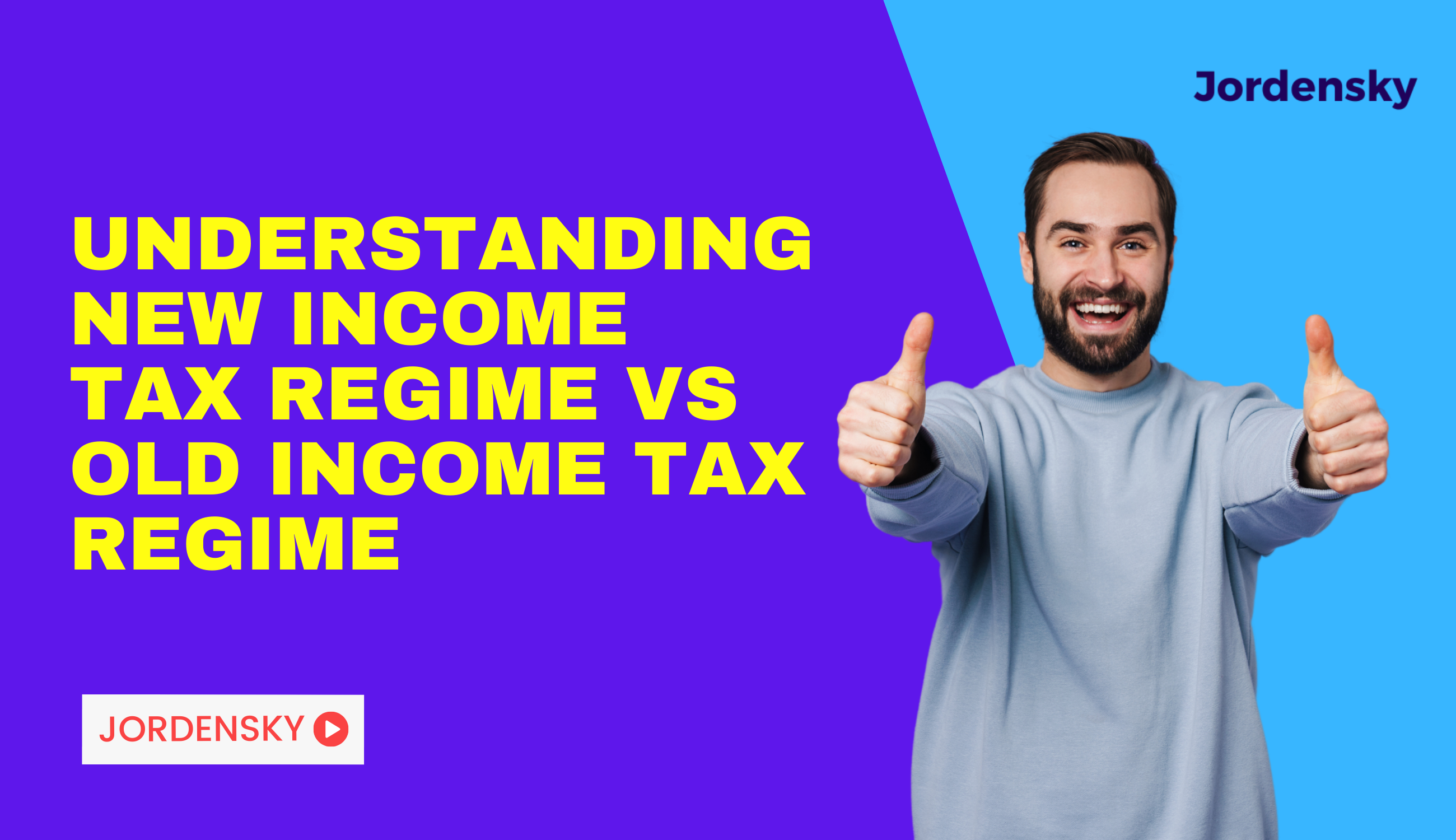Understanding Taxes: Simplifying the Complex
Navigate the intricate world of taxes with ease, unraveling complexities for a stress-free financial journey.

The Basics of Taxes
Understanding taxes can seem daunting, but breaking them down into manageable pieces makes them more approachable. At its core, a tax is a mandatory financial charge imposed by a government on individuals or entities to fund various public expenditures. Taxes come in many forms, such as income tax, sales tax, and property tax. Each type serves a specific purpose, from funding public infrastructure to supporting education and healthcare systems. While the idea of taxes can be overwhelming, knowing the basic principles can help individuals navigate their financial responsibilities more effectively. Taxation is an essential component of a functioning society, enabling governments to provide essential services. Recognizing the role of taxes in everyday life can alleviate some of the stress associated with tax season.
Income Tax Demystified
Income tax is perhaps the most well-known form of taxation. It is levied on individuals and entities based on their earnings or profits. For individuals, income tax is typically deducted directly from wages or salaries by employers. Understanding how income tax is calculated involves knowing your tax bracket, which determines the percentage of your income that is taxed. Tax brackets are usually progressive, meaning higher earnings are taxed at higher rates. Deductions and credits can lower your taxable income, reducing the overall tax burden. By familiarizing yourself with the tax code and potential deductions, you can effectively manage your finances and ensure compliance with tax laws. Proper planning throughout the year can prevent unexpected liabilities when filing taxes.
The Intricacies of Sales Tax
Sales tax is a consumption tax imposed on the sale of goods and services. It is typically a percentage of the purchase price and is collected at the point of sale. Unlike income tax, sales tax is regressive, meaning it takes a larger percentage of income from low-income earners. Understanding how sales tax works is crucial for budgeting and financial planning. It affects the cost of everyday items, from groceries to electronics. Different regions may have varying sales tax rates, and some items may be exempt from sales tax, such as essential groceries or prescription medications. Being aware of these nuances can help consumers make informed purchasing decisions and manage their expenses more effectively.
Property Tax: What You Need to Know
Property tax is levied on real estate properties, including land and buildings. This tax is usually based on the property's assessed value, which is determined by local authorities. Property taxes fund essential services such as schools, roads, and emergency services. Understanding property tax is vital for homeowners, as it represents a significant portion of homeownership costs. Property taxes can vary widely depending on location and property value, making it important for homeowners to stay informed about assessments and potential changes in tax rates. Regularly reviewing property assessments and appealing if necessary can ensure fair taxation and prevent overpayment.
Navigating Tax Deductions and Credits
Tax deductions and credits are valuable tools for reducing taxable income and lowering overall tax liability. Deductions reduce the amount of income that is subject to taxation, while credits directly reduce the amount of tax owed. Common deductions include those for mortgage interest, medical expenses, and charitable contributions. Tax credits, such as those for education or energy-efficient home improvements, can provide significant savings. Understanding the difference between deductions and credits, and how to maximize their benefits, is essential for effective tax planning. By keeping detailed records and staying informed about available deductions and credits, taxpayers can optimize their tax situation and potentially increase their refunds.